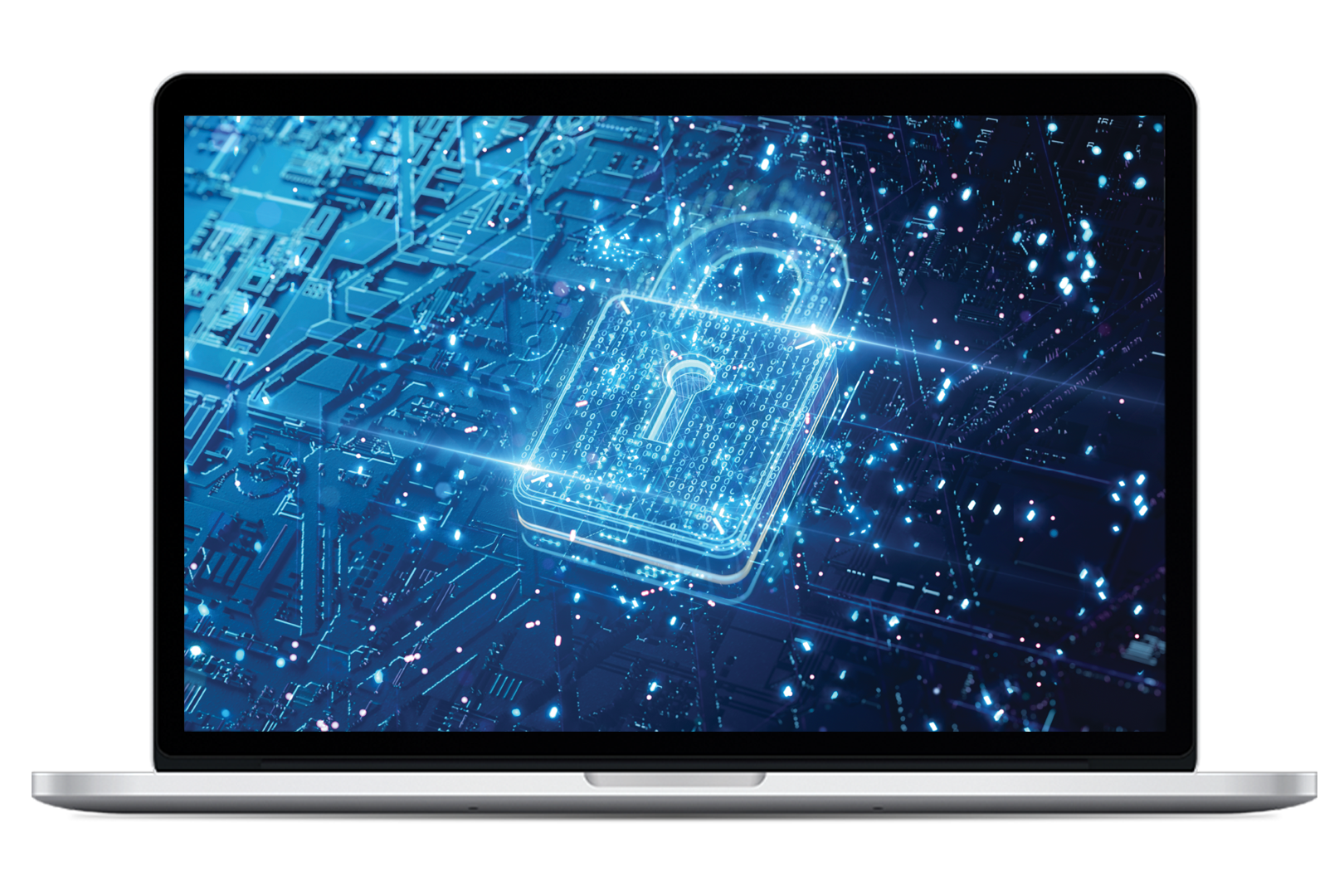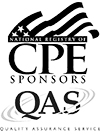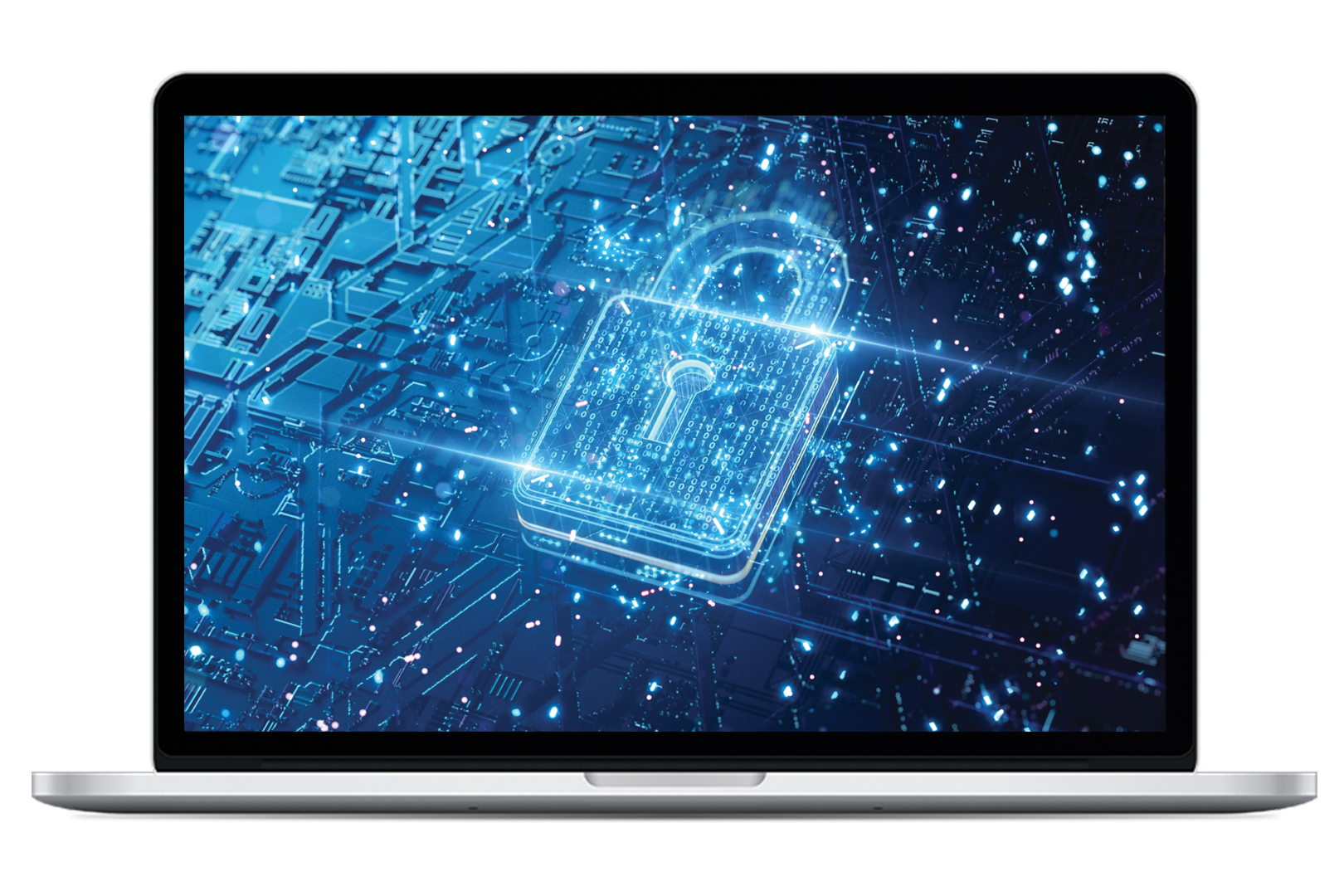Privacy and the Fraud Examiner

Basic
Online
Description
Privacy laws restrict what fraud examiners can do during fraud investigations. Fraud examiners who violate privacy laws—and their employers—may be subject to substantial monetary and legal penalties, as well as reputational harm. The risk has increased exponentially with the rise of data privacy laws, such as the EU’s General Data Protection Regulation (GDPR).
This course discusses the types of privacy laws that apply to fraud investigations, such as data privacy laws, workplace privacy laws, confidentiality rules, and legal privileges. Additionally, the course discusses best practices for complying with privacy laws and how violations of privacy laws can affect a fraud investigation.
Prerequisites
None
You Will Learn How To:
Identify common types and sources of privacy law
Recognize the privacy-related legal risks that can arise during fraud investigations
Compare the data privacy laws of various countries, including the EU’s General Data Protection Regulation (GDPR), the California Consumer Privacy Act (CCPA) and Canada’s Personal Information Protection and Electronic Documents Act (PIPEDA)
Recall best practices for complying with data privacy laws during fraud investigations
Identify workplace privacy laws that can affect fraud investigations
Recall best practices for preserving confidentiality and legal privileges during fraud investigations
Table of Contents
| Lesson 1 | Overview of Privacy Legislation |
|---|---|
| Lesson 2 | Legal Risks During Fraud Investigations |
| Lesson 3 | Data Privacy |
| Lesson 4 | Workplace Privacy |
| Lesson 5 | Confidentiality and Privileges |
| Lesson 6 | Case Study and Practical Application |
CPE Information
| CPE Credit: | 4 |
|---|---|
| NASBA Information: | Business Law |
| Advance Preparation: | None |
| Last Updated: | December 2024 |
| Delivery Method: | QAS Self-Study |
Policies
CPE Credit
Please note: To be eligible for CPE credit, you must complete the final exam within one year of purchase date. You may only claim CPE credit for a course once.
ACFE Online Self-Study Courses
Features:
- 24/7 access to courses through your Internet browser
- Save time and quickly earn CPE credits with instant access, grading and printable certificate
- The flexibility to start or stop a course and pick-up right where you left off
- No additional shipping fees
Learn More about accessing your online self-study course
Learn More about online self-study courses and their features
System Requirements:
- Internet access: High-speed connection recommended
- Speakers required for video sound
 The Association of Certified Fraud Examiners, Inc. is registered with the National Association of State Boards of Accountancy (NASBA) as a sponsor of continuing professional education on the National Registry of CPE Sponsors. State boards of accountancy have final authority on the acceptance of individual courses for CPE credit. Complaints regarding registered sponsors may be submitted to the National Registry of CPE Sponsors through its website: www.nasbaregistry.org/.
The Association of Certified Fraud Examiners, Inc. is registered with the National Association of State Boards of Accountancy (NASBA) as a sponsor of continuing professional education on the National Registry of CPE Sponsors. State boards of accountancy have final authority on the acceptance of individual courses for CPE credit. Complaints regarding registered sponsors may be submitted to the National Registry of CPE Sponsors through its website: www.nasbaregistry.org/.
Ordering and Returns
Satisfaction Guarantee
If you are not 100% satisfied with any ACFE product, you may return it to us, provided it is in excellent condition, for a full refund of the item minus the cost of shipping. Toolkits and bundles may only be returned as a complete set.
Ordering & Returns Policy

